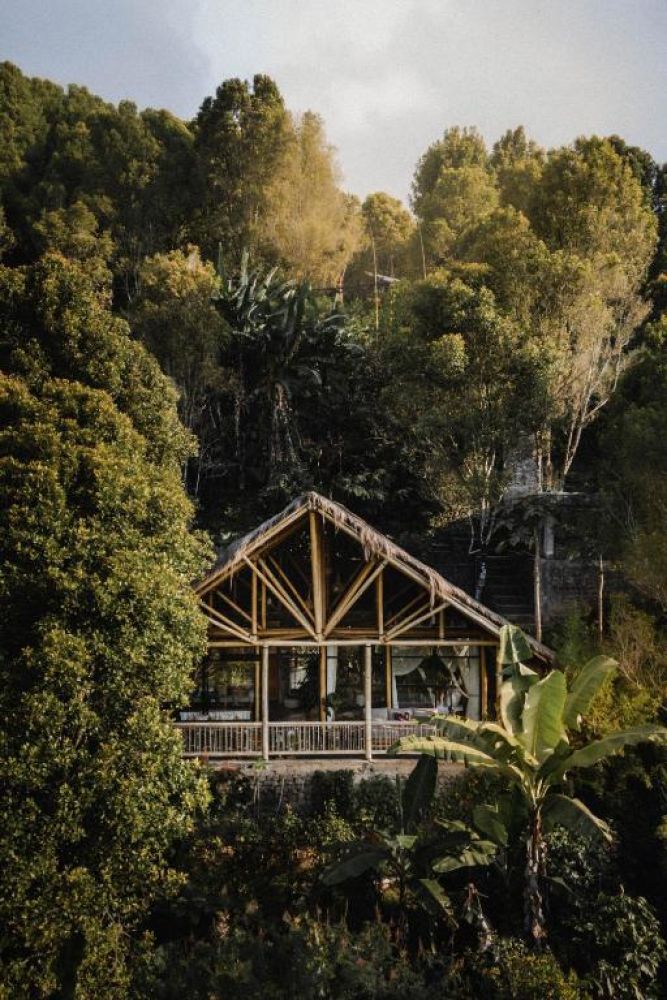

Atauro Island, located in the Democratic Republic of Timor-Leste, is a fascinating and relatively young travel destination. The history of tourism in Tua Koin Eco Village is intertwined with the development of Atauro Island itself as a place of interest for visitors. Known for its breathtaking landscapes, rich biodiversity, and vibrant local cultures, the island has steadily become a unique eco-tourism spot within Southeast Asia.
Following the independence of Timor-Leste in 2002, the young nation sought ways to rebuild its economy and infrastructure. Tourism emerged as a potential sector to help drive development and promote sustainable growth. Atauro Island, with its unspoiled natural beauty and cultural significance, was identified as a destination ripe for ecotourism.
Tua Koin Eco Village began as a community-driven project aimed at preserving the environment and fostering eco-friendly tourism. The local community wanted to share the island's natural and cultural treasures while ensuring that tourism activities did not disrupt the ecological balance or traditional ways of life.
In recent years, Tua Koin Eco Village has become renowned for offering immersive experiences that connect visitors with the local culture and natural habitat of Atauro Island. Tourists can enjoy activities like snorkeling among vibrant coral reefs, trekking through lush forests, participating in cultural workshops, and staying in traditional accommodation that reflects the community's commitment to sustainability.
The latest trends in tourism at Tua Koin Eco Village reflect a broader global movement towards sustainability and authentic travel experiences. Some of the key trends include:
The Tua Koin Eco Village continues to evolve by incorporating these trends into its offerings, ensuring that guests have a memorable and impactful visit while supporting the overarching goals of conservation and community empowerment.